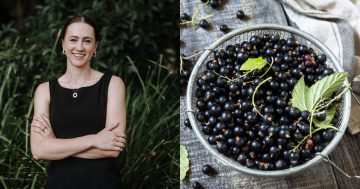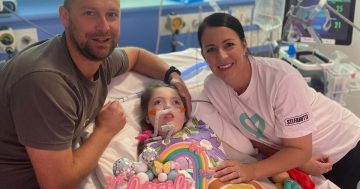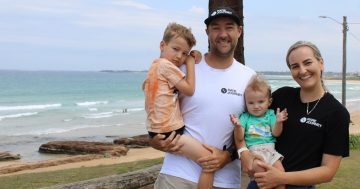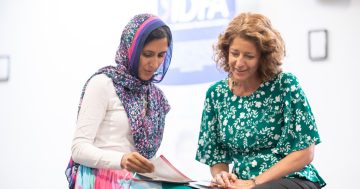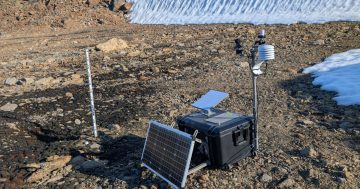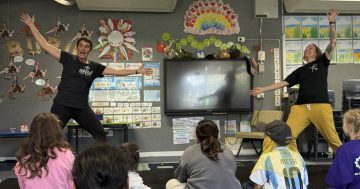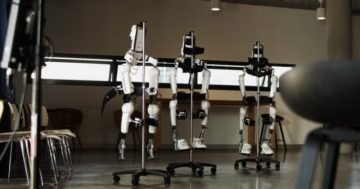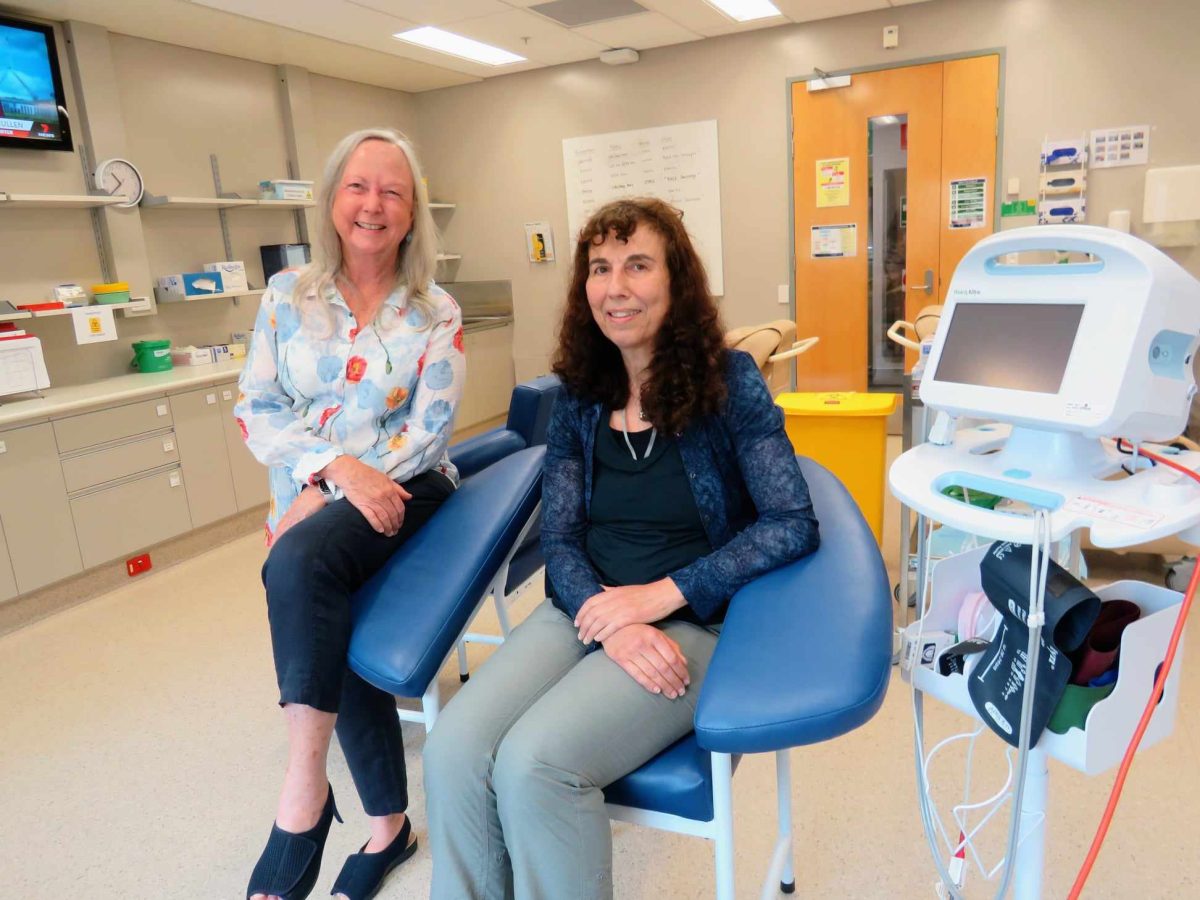
Dr Dianne Prince and Honorary Professor Liz Milward hope a world-first registry can help them learn more about a genetic iron overload condition. Photo: Zoe Cartwright.
A world-first registry hopes to unlock the mysteries of a genetic condition that often flies under the radar, and Wollongong researchers hope you can help.
Haemochromotosis is a common genetic disorder that results in iron overload. It affects more than 150,000 Australians and is associated with serious and sometimes life-threatening health conditions.
It’s usually picked up later in life when iron overload has begun to cause problems such as cirrhosis of the liver, diabetes, arthritis, cardiovascular disease and some types of cancer.
Recent research from the UK has also linked haemochromatosis-related genes to about double the risk of Parkinson’s disease, dementia, and delirium in men.
But we don’t know much about how the condition presents in early stages – or how it might affect groups such as women or vegans differently.
When haemochromatosis is diagnosed early patients have a better chance of preventing serious disease. It’s an altruistic condition – the best way to prevent iron build-up is by donating blood regularly.
Honorary Professor Milward at the University of Wollongong is a recognised authority in brain iron research and said the Australian Haemochromatosis Registry will transform how we understand haemochromatosis.
“Because of the wide range of conditions that can arise with haemochromatosis, it often goes unrecognised until serious health issues have developed,” she said.
“Although it runs in families, this is not always apparent as different family members do not always show the same symptoms.
“We won’t be the same, or have the same patterns with associated conditions, as the well-studied British and Irish populations.
“This registry provides a means to study these patterns in Australia and develop targeted treatments for the particular conditions experienced by different individuals.”
The Australian Haemochromatosis Registry will gather de-identified health data from patients.
It’s entirely voluntary. Researchers are hoping everyone with a diagnosis will opt in.
The data is controlled by the Hunter Medical Research Institute.
Researchers have to apply through an ethics board to access the data which is stripped of identifying information, including family relationships.
Dr Diane Prince was instrumental in setting up the Haemochromatosis Registry.
A UOW alumni, she has just been re-elected as the president of Hemochromatosis International.
She also carries a copy of the gene variant herself and two of her family members developed hemochromatosis in their early 20s.
She said with enough information and good management it was entirely possible to live a long healthy life with the condition.
“We want people who have two copies of the mutation, a confirmed diagnosis,” she said.
“They might not have symptoms, but we can watch them over time and learn from their experience.
“The goal is to prevent harm from haemochromatosis. It’s unnecessary, if you are diagnosed early and donate blood regularly.
“We needed data that’s generated, owned and maintained in Australia.”
It’s hoped the new research the registry will enable could lead to trials to develop therapies for the variety of health issues associated with haemochromatosis-related gene variants.
It is expected to deliver substantial benefits to patients, caregivers, clinicians, and researchers.
To learn more about the registry, or sign up, head here: Register – Haemochromatosis Australia









